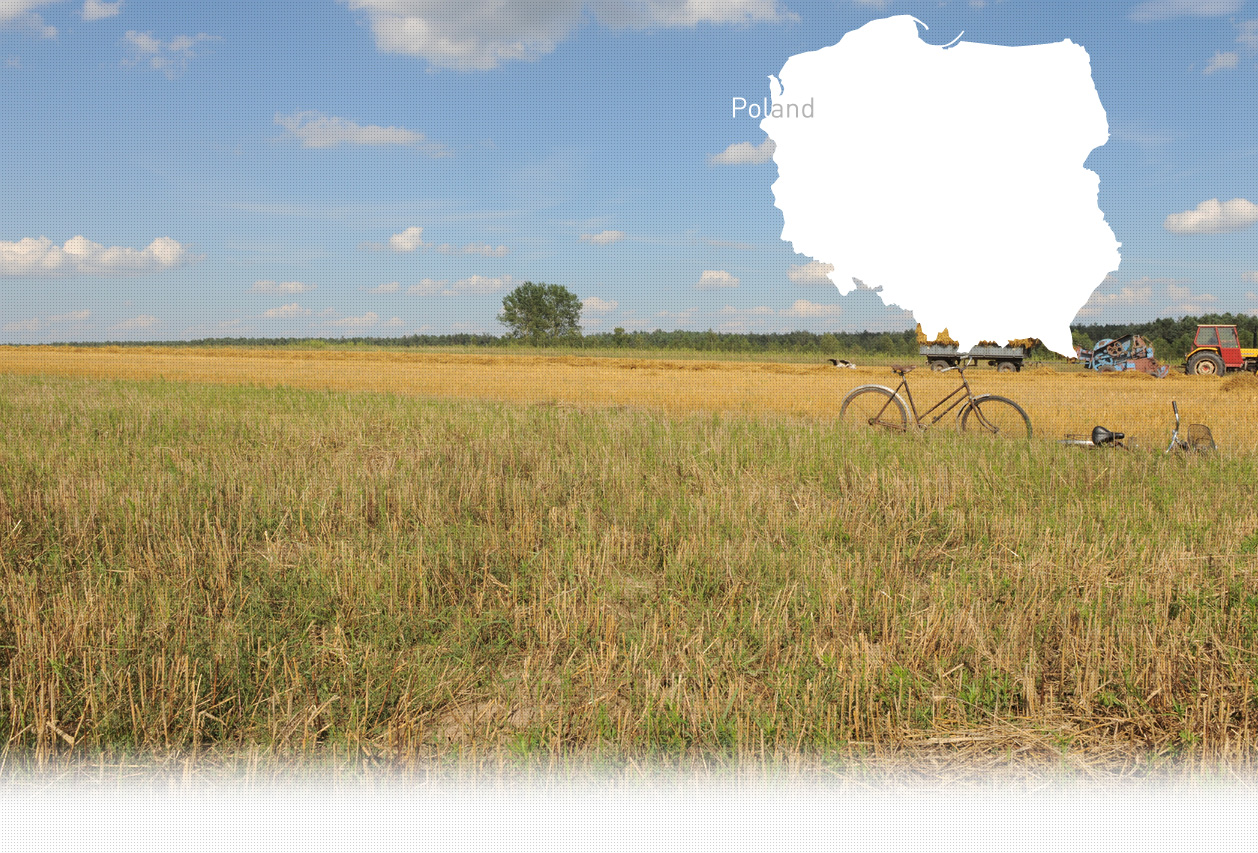

1 Killing site(s)
Feliks S., born in 1922: “Before the war, I lived in Jawornik Przedmieście, located about 1.5 km from Jawornik Polski. I remember that Poles Catholics, Ukrainians, and Jews all lived in my neighborhood. The Catholics and the Jews were the most numerous. Those same three communities also lived in Jawornik Polski. Children of all three communities went to school together. I had Jewish classmates, but I don’t remember any of their names. But I do remember that these Jewish children, besides going to “Polish” school with us, also spent some additional hours at a Jewish school. Jews from Jawornik were mainly traders. They bought and sold cows, horses, calf and rams, but not pigs. Some of them also owned small shops. Jews from Jawornik Przedmieście would attend the house of prayer in Jawornik Polski but they had their Jewish cemetery here, in Jaworink Przedmieście. When the war began, a ghetto was created in Jawornik Polski but the Jews and the Poles could come and go freely, at least at the beginning. There were some executions perpetrated at the Jewish cemetery during the German occupation. A Jew called JERMA with his family were taken from one of the houses by requisitioned cart to the cemetery and shot there. I saw the shooting from behind some trees. The pit was dug there. In Jawornik there was a man called Baran who was responsible for digging the pits. Baran also denounced any Jews who were hiding.” (Witness n°1018P, interviewed in Jawornik-Przedmieście on the 7th of May 2019)
Jawornik Polski village, Rzeszow County, Subcarpathian voivodship 1. Date and place of execution: May 1942 on the marketplace, near the river and in a field; 2. The type of execution/ shooting, hanging or other types: shooting 3. Data concerning the victims executed: 9 Jews shot by the SS and the German police and buried individually; [Court Inquiries about executions and mass graves Jawornik Polski village, Rzeszow County, Subcarpathian voivodship ; IPN RG-15.019M]
Jawornik Polski is a village in Przeworsk County, Subcarpathian Voivodeship, southeastern Poland. It is the seat of the gmina (administrative district) of Gmina Jawornik Polski. It lies approximately 36 km (22 mi) southeast of the regional capital Rzeszów. Jews probably settled in Jawornik Polski at the beginning of the 18th century. In 1765, there were 40 Jewish individuals in the town. At the end of the 19th century, about 100 Jews lived here, and by 1921, this number had risen to 155. They had a small, modest wooden house of prayer, as well as a mikveh. There was also a Jewish cemetery in Jawornik Polski. It is not known exactly when the cemetery was created, but probably at the beginning of the 20th century, and destroyed during the Second World War. According to Yahad witness Jan J., born in 1930, “The Jews mainly lived on Jawornik’s market square area, they were merchants.” Indeed, in Jawornik Polski, almost all local trade was dominated by the Jewish population. According to Yahad witnesses, Jews were able to trade in almost everything that could be sold and bought, the only exception being pigs, for religious reasons. Poles quite commonly bought supplies from Jewish shopkeepers. Another profession in which Jews clearly found themselves at home was running inns.
After the outbreak of the war on September 1, 1939, the Jews’ quiet life in Jawornik Polski came to an abrupt end. In the period from March 1940 to July 1941, only 40 Jews in Jawornik and in the commune continued working, running their small shops and workshops. According to available sources, out of 355 registered members of the Jawornik commune, as many as 310 were left unemployed at that time. From August to November 1941, only 12–13 Jews worked. A ghetto for Jews living in Jawiornik Polski and nearby villages was set up in the market square of Jawornik in June 1942. Jews from the ghetto had to wear white armbands with a five-pointed blue star of David and were prohibited from leaving the ghetto area without them. The ghetto was liquidated at the end of June 1942. During the liquidation, most of the Jews were moved to Rzeszów with carts driven by requisitioned locals, and from there on to the Belzec and Auschwitz extermination camps. Many of the Rzeszow ghetto inmates were shot in several mass executions in the Głogów Małopolski forest.
During Yahad - In Unum’s research trip to the Jawornik Polski region in May 2019, our team managed to document information pertaining to several shootings of Jews. Available archival sources mention two executions perpetrated at the Jewish cemetery. First one was a shooting of nine Jews in May 1942. The second one was perpetrated in August 1942, when the SS and the police shot six Jews who were hiding outside the ghetto. Both Yahad witnesses, Jan J., born in 1930 and Feliks S., born in 1922, told our team about at least two other shootings perpetrated at that same cemetery during the German occupation. The first one was a shooting of 5-6 people from the Sierota family, the second one was a shooting of three people from the Jerma family. Jan J. Also mentioned at least two individual executions perpetrated in Jawornik: one of a Jewish woman killed near the river, another one of a Jewish man whose dead body he saw in a local field. That information given by Jan seemed to confirm the information mentioned by the polish archives about individual shootings perpetrated in town in May 1942. As a result of cross-referencing of all available information, the Yahad team came to the conclusion that over a dozen Jews were shot in Jawornik Polski during the German occupation.
Do you have additional information regarding a village that you would like to share with Yahad ?
Please contact us at contact@yahadinunum.org
or by calling Yahad – In Unum at +33 (0) 1 53 20 13 17